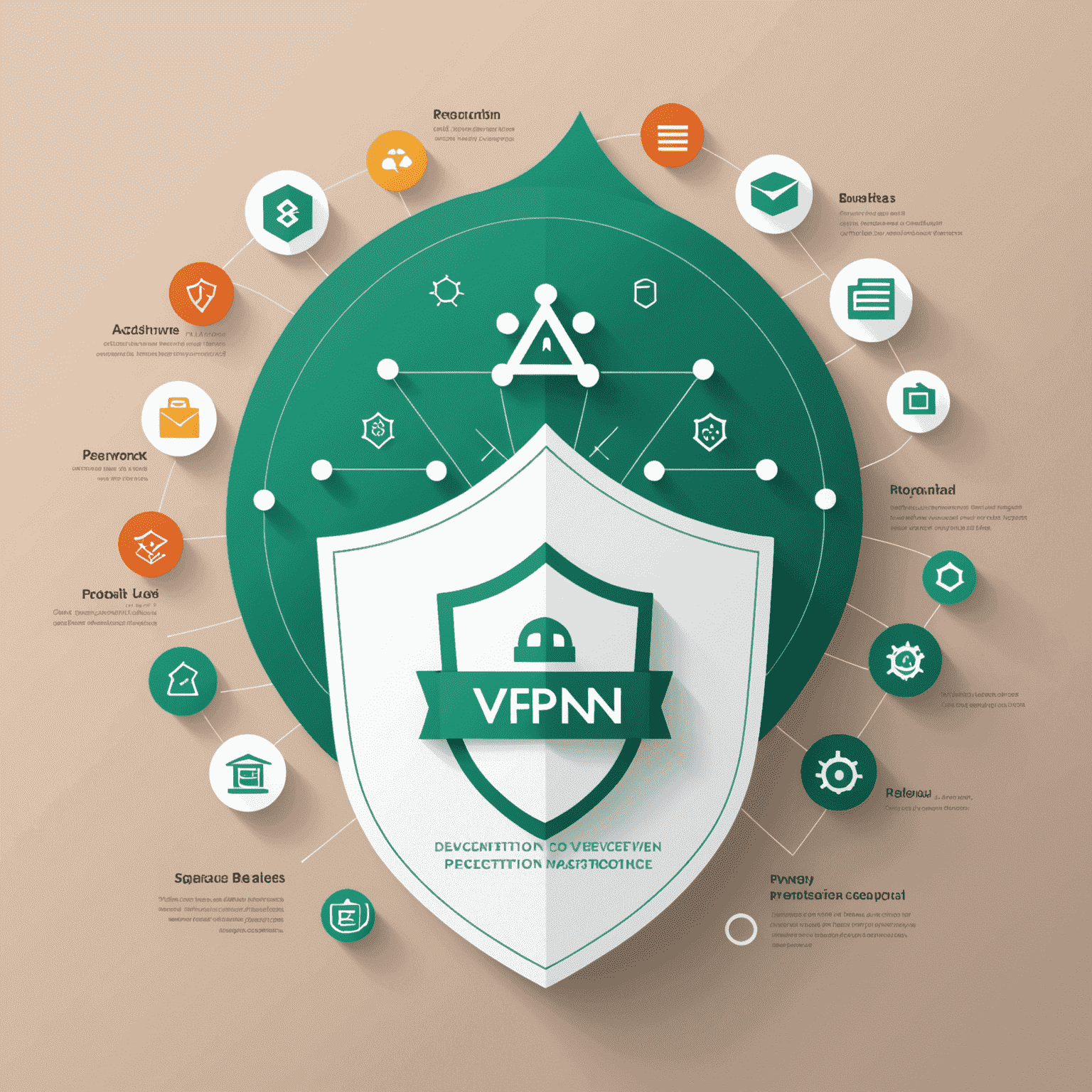VPN Usage Surges Amidst Privacy Concerns

In an era where digital privacy is increasingly under threat, Windows users are turning to Virtual Private Networks (VPNs) in record numbers. This surge in VPN adoption reflects growing concerns about online surveillance and data security.
The Perfect Storm: Why VPN Usage is Skyrocketing
Several factors are contributing to the dramatic increase in VPN usage among Windows users:
- Heightened Privacy Awareness: High-profile data breaches and surveillance scandals have made users more conscious of their digital footprint.
- Remote Work Revolution: The shift to remote work has emphasized the need for secure connections when accessing sensitive company data from home networks.
- Geo-restriction Bypassing: Users are leveraging VPNs to access content and services that may be restricted in their geographical locations.
- Protection from Cybercrime: With the rise in sophisticated cyber attacks, VPNs offer an additional layer of security against potential threats.
The Impact of VPNs on Online Security
VPNs are reshaping the landscape of online privacy and security in several ways:
Enhanced Encryption
VPNs encrypt internet traffic, making it significantly harder for hackers, ISPs, and other third parties to intercept and decipher user data.
IP Address Masking
By hiding users' real IP addresses, VPNs make it more difficult for websites and online services to track and profile individuals based on their browsing habits.
Public Wi-Fi Protection
VPNs provide a secure tunnel for data transmission, even on unsecured public Wi-Fi networks, reducing the risk of man-in-the-middle attacks.
Bypassing Censorship
In regions with internet censorship, VPNs enable users to access blocked content and maintain freedom of information.
The Future of VPNs and Online Privacy
As privacy concerns continue to grow, the role of VPNs in protecting online privacy is likely to expand. However, it's important to note that while VPNs offer significant protection, they are not a silver bullet for all online security issues.
Users should still practice good cybersecurity habits, such as using strong passwords, enabling two-factor authentication, and keeping their antivirus software up to date. The combination of VPNs and these practices can significantly enhance online privacy and security for Windows users.
Remember:
While VPNs are powerful tools for enhancing online privacy, they should be used in conjunction with other security measures for comprehensive protection. Always choose reputable VPN providers and stay informed about the latest developments in cybersecurity.